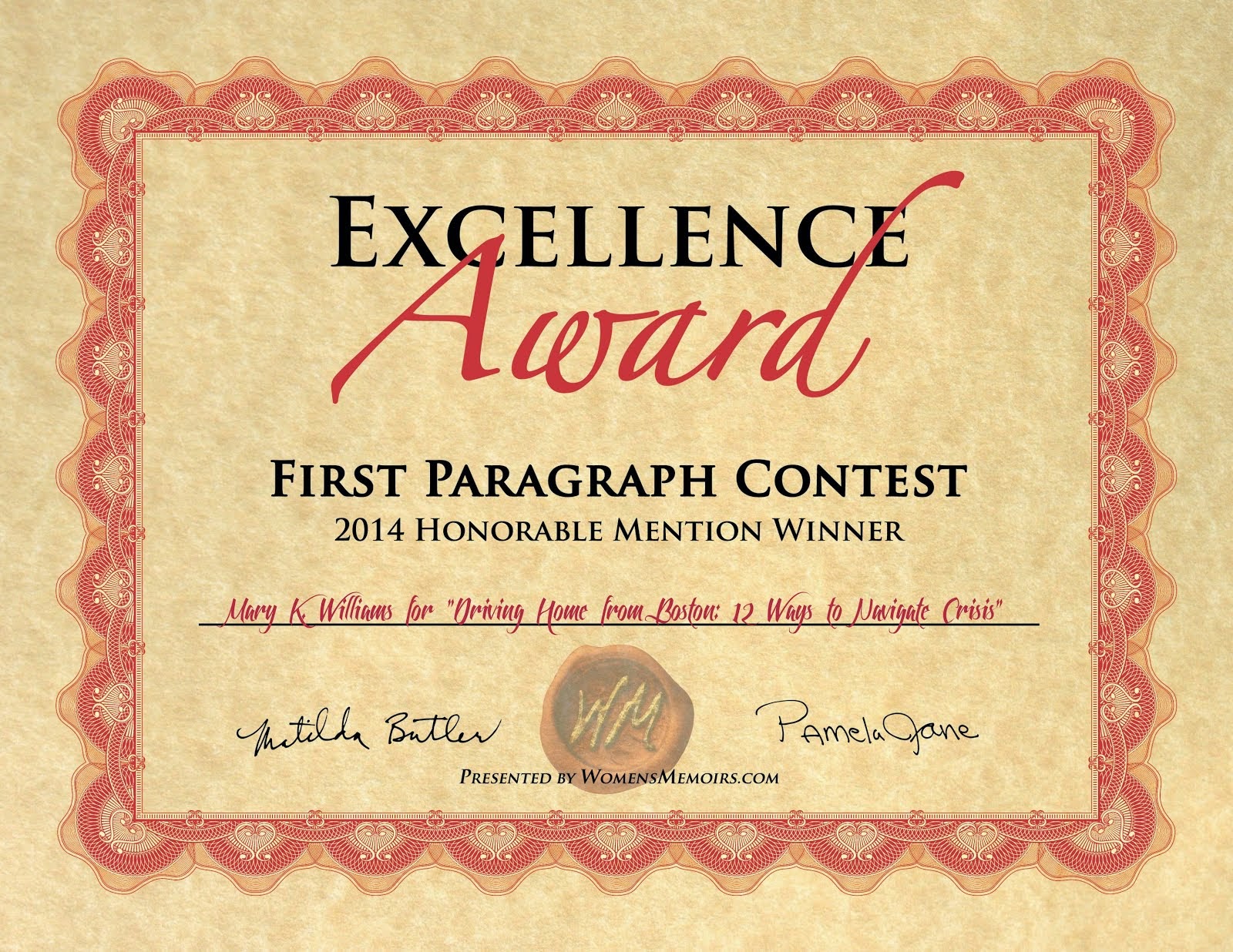Dropkick Murphys – CD Review, The Meanest of Times
Born & Bred Records
Release Date – September 18, 2007
A couple years after the 2005 release of The Warrior Code, the Dropkick Murphys have left the comfort of their label Hellcat Records and have started their own imprint, Born & Bred Records. The Meanest of Times is the first project on Born & Bred, and it’s a helluva success.
One might wonder at the wisdom of leaving something that was obviously working well; two tracks from Warrior Code found their way into the hearts and soundtracks of some mighty big directors and their films. The Farrelly Brothers used “Tessie” in Fever Pitch and Martin Scorsese saw fit to add “Shipping up to Boston” to The Departed soundtrack.
And here’s an open plea to Darren Aronofsky, director of The Fighter, the boxing flick about “Irish” Micky Ward that is currently in production. Keep the lovely synchronicities going here – the title track Warrior Code was written about Ward. And you’ve got the cool combo of Matt Damon and Mark Wahlberg who were last together in The Departed. And the movie is based, not in Boston, but just about 30 minutes north, in Lowell. Come on man, do I have to spell it out for you?
But on to The Meanest of Times.
There is something about Dropkick Murphys’ brand of Celtic craziness that gives us the best kind of punk paradox. The in-your-face attitude and relentless tempo – sometimes peppy, sometimes frantic – coupled with lyrics that not only speak of anger, mischief, whiskey and death, but of heartbreak and God, home and hearth, and family, with all its inherent love and pain.
Of course, many of these Times offerings speak to the Irish diaspora, especially the Murphys’ childhood Boston years. DKM front man Al Barr says, “…it’s about redemption. It’s about coming up in the world and the way it shapes you. It’s about not taking your family and friends for granted and living in the moment.” Bassist Ken Casey adds, “Growing up, I saw my share of hard times...I think a lot of us did. But looking back on it, I wouldn’t trade them for anything, because those hard times made us all who we are today.”
Several tracks are anthemic, the sort of sound that will surely produce foot stomping, fist pounding and the rowdy sing-along. “State of Massachusetts” begins with a pretty banjo riff by Tim Brennan, but shortly launches into an unapologetic look at the realities of life: “…the poison stole your babies/the judges took your rights/you can have your children/or the night.”
“Vices and Virtues”, another hard driving tune, would sound fun, if it were played on a karaoke machine sans lyrics. But you start to hear the story of “four brothers in the ground” – the effect is jarring: “ …He froze in a South End alley/Behind a gin mill left to die/and another died by the bullet/at the hand’s of a sniper’s gun/in the valley of Nha-Trang for a/war we never won…”
Other tracks on Times are the Murphys’ re-worked versions of traditional Irish tunes. “(F)Lannigan’s Ball” is a special one, particularly because this recording was graced with Spider Spacey from The Pogues and Ronnie Drew from The Dubliners. “Fairmount Hill”, a typical Boston barroom ballad, is an adaptation of Michael Considine’s “Spancil Hill”, but with an updated arrangement and lyrics.
But what gives this album its deepest flavor are the original works like “Rude Awakenings.” The melody line is grim and deliberate and the tempo is quite slow on the first few verses of this song about ‘the morning after’. But when the beat speeds up, it makes the words even more profound: “I pulled on my clothes still half in a dream/as I struggled with my conscience & a multi-directional stream/…I buried my loneliness with her for the night/then left with new symptoms no anti-depressant could cure.”
My only complaint of this CD would be that there are not enough of Scruffy Wallace’s pipes. A girl with the maiden name of O’Dougherty does have a hankering for those sorts of Celtic trappings, luckily for me the tin whistle, accordion and mandolin do find their way throughout the album, along with the earthy vocals. And overall the songwriting is exceptional, the lyric examples given here so far are just a glimpse at the genius of The Meanest of Times.
Subscribe to:
Post Comments (Atom)















No comments:
Post a Comment